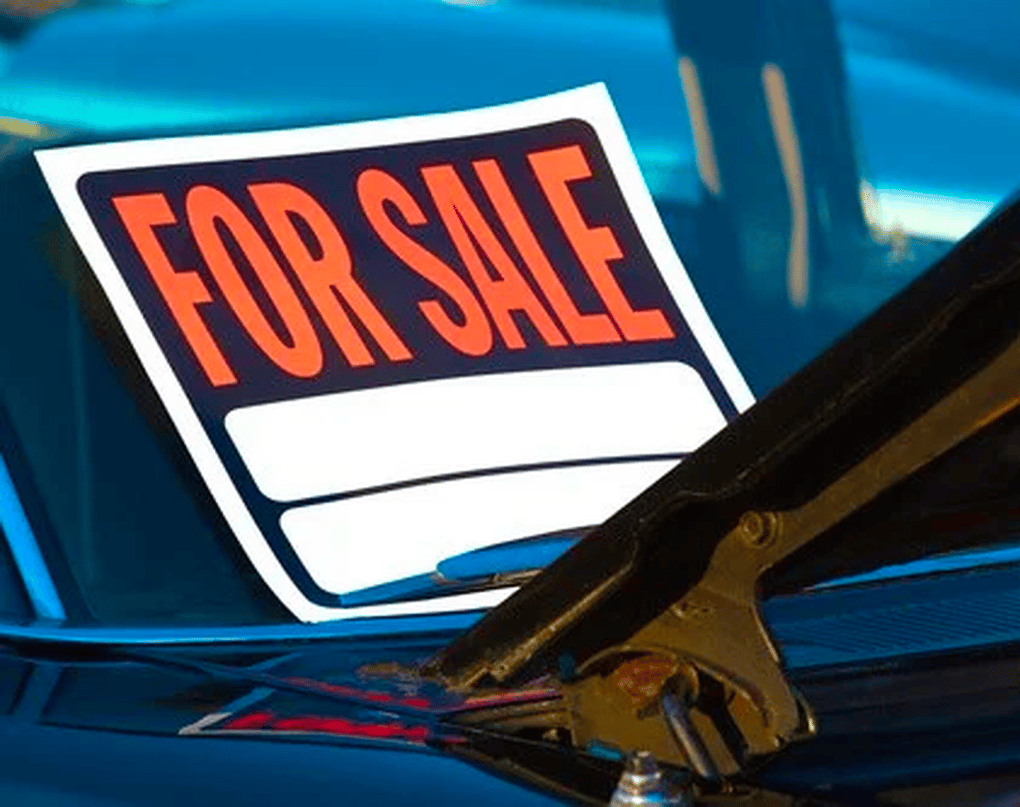I am often asked about buying a used car from a private seller versus a dealership. Unbiased, I am always a fan of buying a factory certified car when available, but usually those are only a few years old and many people cannot afford them. There are also benefits to purchasing a non-certified car from a reputable new car dealership. The good ones are careful what they sell and won’t sell a used car until it has been checked over.
There are a lot of people who need to buy the impossible to find $10,000 used car, but there are many more who need a used car from $12,500 to $15,000 and often they turn to private sellers, which is fine if you do your homework and proceed with caution. I am seeing this even more with the sky-high used car prices we’ve seen the past few years.
One thing I really like about private sellers is the ability to ask questions about prior maintenance, type of oil used, previous accidents, etc. My experience with most people is they will be honest about what a car needs in the way of repairs, and often this info is invaluable. While there are pluses to buying from previous owners, there are things to be aware of too.
First and foremost, watch out for your personal safety. Even if the seller wants to converse by text or email, insist on a phone conversation before agreeing to look at the vehicle. You cannot sense scams or nervousness over a machine. After a phone conversation, if you are feeling confident about the seller, arrange a meeting in a very safe place. More and more, police stations are accommodating transactions at their stations. Worst case, use a 7-11, a Starbucks, or a busy gas station like QT or RaceTrac, or even better, use the parking lot of a police station.
Meet your seller and have a clear copy of your driver’s license with you, but cross out your address where it is unreadable. Insist on driving the car alone and set a time limit, say 10 minutes, and leave the seller at the meeting place. If at this time, you are ready to buy the car, ask about the title and if there is money owed on the car. Online you can find what your state’s title should look like. It is a good idea to check a history report, I recommend AutoCheck.com. You are looking for odometer issues, previous wreck damage, or flood damage.
Don’t finalize the deal on the spot. Do your negotiations the following day if you want the vehicle. Settle on the price, then arrange a second meeting to exchange money and title (after you are confident the title is in order). Meeting at a bank and doing a wire transfer is the safest way, next preferred way is cashier’s check. Go online and get a Bill of Sale, and be sure to look at the seller’s driver’s license to make sure it matches the name on the title. This should complete your transaction.
Something to be cautious of, if you feel any pressure from the seller, it is probably because it is a used car dealer trying to disguise himself as a private seller. This is a huge red flag to move on to a different car.
This sounds like a long process, but it really isn’t. The worst thing that can happen is you buy a stolen car, a car with many previous issues, or getting a car with a lot of problems. You can’t 100% guard against this, but following this guide will minimize your exposure.
You may also like:
Photo credit: Jerome Kundrotas/Shutterstock.com.


